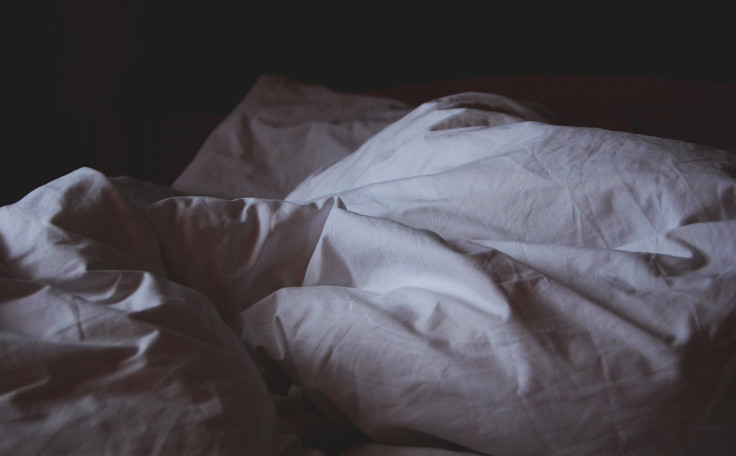Behavioral Problems In Childhood Can Lead To Adult Insomnia, Study Suggests

Behavioral problems and sleep issues in childhood are likely to increase the risk of severe insomnia later in life, a study suggested. According to the research, adult insomnia is linked to disturbed childhood.
The study that was published in the medical journal JAMA Network Open last week looked into the association between childhood behavioral problems and insomnia symptoms in adulthood. It suggested that a child with common behavioral problems and sleep issues related to it are likely to suffer from severe insomnia in middle age.
Insomnia is a very common sleeping disorder that affects one in every three adults worldwide. Chronic insomnia is linked to the overall wellbeing of a person and it can also increase the risk of several mental health problems. This sleeping disorder is even associated with economic consequences, which includes working capacity.
“This study shows a consistent association of behavioral problems during childhood, particularly at ages 5 and 10 years, with insomnia symptoms in adulthood. The findings suggest that early intervention to manage children’s externalized behaviors, such as bullying, irritability or constant restlessness, may reduce the risk of adult insomnia,” senior author Robert Adams, from Flinders University, said in a statement.
“As well as identifying sleep problems early in life, we should also identify children with moderate to severe behavioral problems that persist through childhood as potential beneficiaries of early intervention with a sleep health focus,” Adams, who is also a professor of Respiratory and Sleep Medicine at the Adelaide Institute for Sleep Health (AISH), added.
For the study, the team analyzed the data of an ongoing U.K. population study called the United Kingdom 1970 Birth Cohort Study. It is a long-running study with a large-scale follow-up of over 16,000 babies born in a week.
The latest research included a total of 8,550 people from the cohort aged five, 9090 individuals of cohort age 10 and 7653 participants of 16 years old. All the participants were followed for 42 years and the researchers performed a statistical analysis between the periods Feb. 1 and July 15, 2019.
“This study is the first to our knowledge to suggest an unfavorable association between early-life behavioral problems in children and addressing insomnia, from a life-long perspective. Given the cost of sleep disorders, including insomnia, to every economy and society in the world, it’s another important step towards managing this endemic problem in the community,” lead researcher Yohannes Adama Melaku said.
“This first study is important because we don’t know exactly the childhood or early-life factors that potentially influence this outcome of insomnia and finding these connections could reduce sleep disorders in the future,” the researcher added.
During the study, the researchers also looked into the various external behavioral problems reported by the parents, including disobedience, restlessness, bullying, fighting, irritability, property damage, theft and fighting.

© Copyright IBTimes 2025. All rights reserved.




















